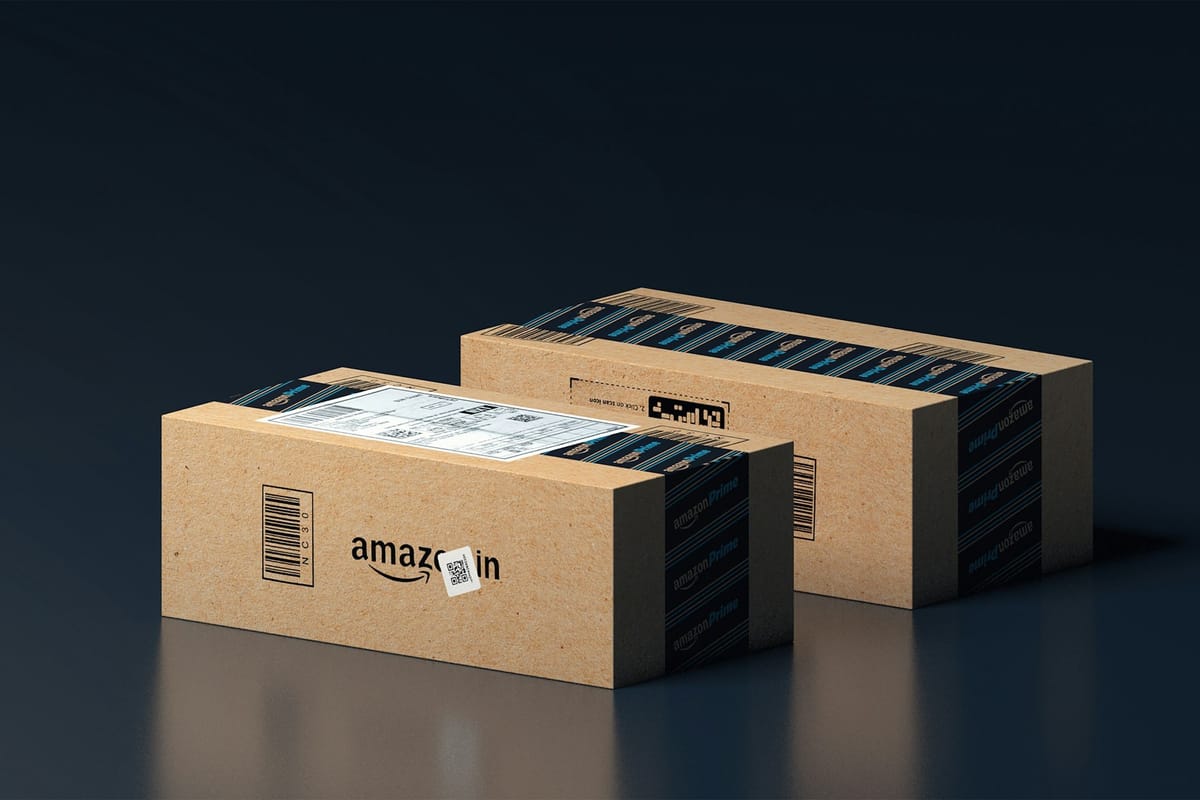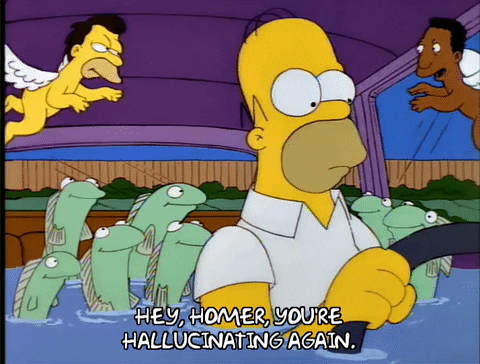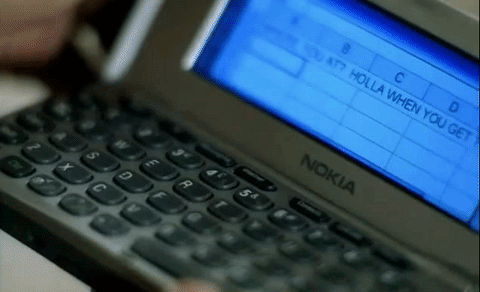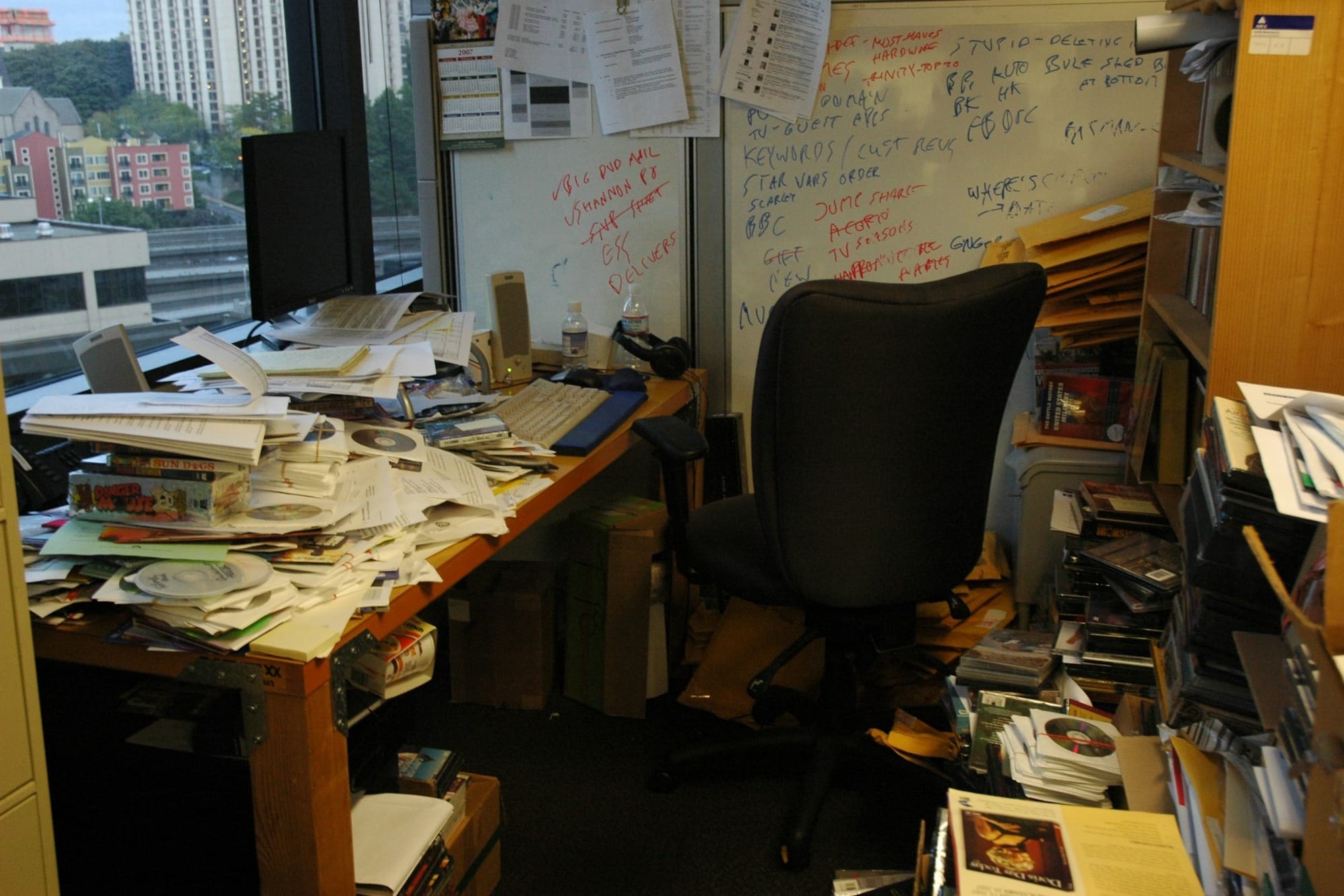Amazon Prime and the Future of Consumerism

Today is Prime Day 2017, and if you have no idea what those words mean, don't worry. Prime Day is Amazon's big annual summer sale blowout event, in which thousands upon thousands of items have had their prices slashed. Delivery is free, and in some places, same-day. But the real driving force behind Prime Day is to entice the few of us holdouts to sign up for a Prime Membership.
So, naturally, I went online, signed up for Prime, and quickly saw that the deals weren't that great. Most of the stuff was total junk that I didn't need. Movies, a plethora of USB cables, and other miscellaneous stuff. And so, just as quickly as I had signed up, I cancelled, because I realized two things. The first being that if you live outside of the U.S., Prime kind of sucks and isn't worth it, and the second being that all of those deals just suck. Well, actually, almost all deals suck.
The thing is that I work in Retail Management, so as both a customer and a worker, I can see both sides to the argument, are deals and discounts bad for you? So, in an effort to make my point as coherent as possible, I've divided my thoughts into two camps. 1, THE BAD: why Amazon Prime and deals/discounts in general are bad for you and 2. THE GOOD: why Amazon Prime and deals/discounts are absolutely wonderful.
Let's start with
THE BAD
From the consumer perspective, Amazon Prime Day has become another shopping bonanza event in a similar vein to Black Friday or Boxing Day. People go absolutely crazy scooping up everything that they think is an awesome deal, regardless if they actually need it or not.
Think about it this way: how many times have you been in a line waiting to purchase something and heard someone say, "Well, at this price how could anyone possibly say no?!" Now, how many times have you said that yourself? Me, countless. I'm guilty of this, and as such, have amassed a collection of 20+ USB cables and a never ending supply of short-sleeve patterned shirts. These are things that I absolutely, genuinely don't need, but in the moment, wanted. Why? Because deals and discounts are not only designed to make things seem more affordable but make us want to buy things just to be frugal and collect on the massive "savings".
On the flip side, looking at things from a retail management perspective, things get a little bleaker. In my business, our head office has effectively trained our customer to always expect deals. So now, whenever they come in and something isn't on a promotion, they'll wait. That hurts our business in one very distinct way; we're losing out on potential high-dollar sales all the time now. So with the loss in revenue, our head office now drops heavy promotions across the board, meaning we now have to sell more to make the same amount of money. Yes, this brings in the traffic, but as a business, we're losing out on our gross margins. Customers now expect discounts on everything, and get mad if they have to pay full price, regardless if they can get a price adjustment at a later date or not.
The thing is that as consumers, we should want to pay full price for certain items. Not all the time, but at least some of the time. If you truly value something, you should want to pay and support the cost of it. And that extends outwards to everything, from retail to local businesses to entrepreneurs. We've slowly shifted from a frugal society to a stingy one - rather than resourceful and creative, people are trying to save money for the sake of it by making their purchasing decisions based on whatever is the cheapest.
Discounts are nice, but they aren't a necessity.
THE GOOD
We live in a golden age, in which you can order whatever you'd like online, drop the shipping fee, and have it arrive on your doorstep in 1-2 days. The convenience factor is only made better by the fact that we can now also do comparison shopping online to source the best prices so that we can save some of our money. In remote places like Iqaluit, Canada, this is necessary, as store shelf prices are far too high for the average consumer to spend.
Deals and discounts are great because not only do they allow you to get more for less, but they let you save money and put some of that back into the bank. But, sometimes, with that extra little cash, it's nice to treat yourself to something that you may want and not just outright need.
Most of the product that we buy are generally overpriced. So why not send a message with your dollars that you may like something, but you'd only buy it if it were more affordable. They way my friend Dave broke it down for me was this:
“Some products are just overpriced, and I’d rather a signal be sent that it’s a good product but at a reduced price. I’m not paying $60 for a Bomberman game for instance, not until it drops to $40.”
And that is exactly true. Typically, I tend to budget myself so that I don't go crazy and overspend. I like to see my savings account grow, but I'm also a human with wants and needs. Most of the companies that we shop at and give our dollars to are typically on the larger side. The cost of manufacturing is never as much as the price they sell us the item at, so the margins they make are usually incredibly high. If a company can produce an item at a cheaper price after it reaches economies of scale, why shouldn't they pass that onto us consumers? We see them do it at least twice a year, during the big end of summer and end of winter sales, as they try and push out older product to make room for newer, more expensive items. Those markdown prices are closer to the reality of what it cost to make the item anyway.
It's a tough spot to be in, being able to see both sides of the argument. On one hand, I need to run an effective business, and that's been made harder and harder to do with non-stop discounts and deals. On the other hand, I need to be smart with my money and save where and when I can.
There's no real cut and dry answer to this, and I doubt that there ever will be one. All I can say is this: do you really need another _______?




